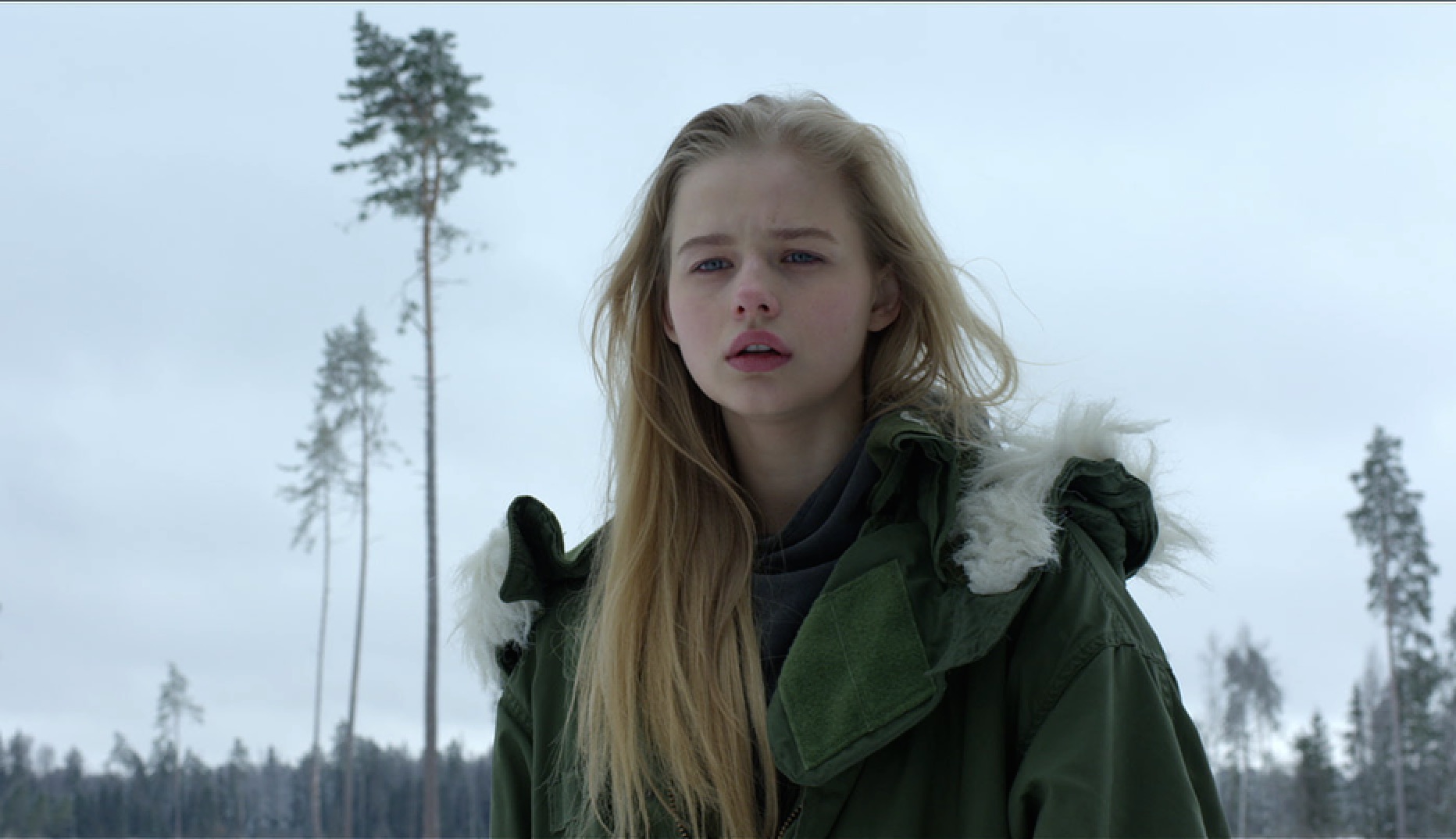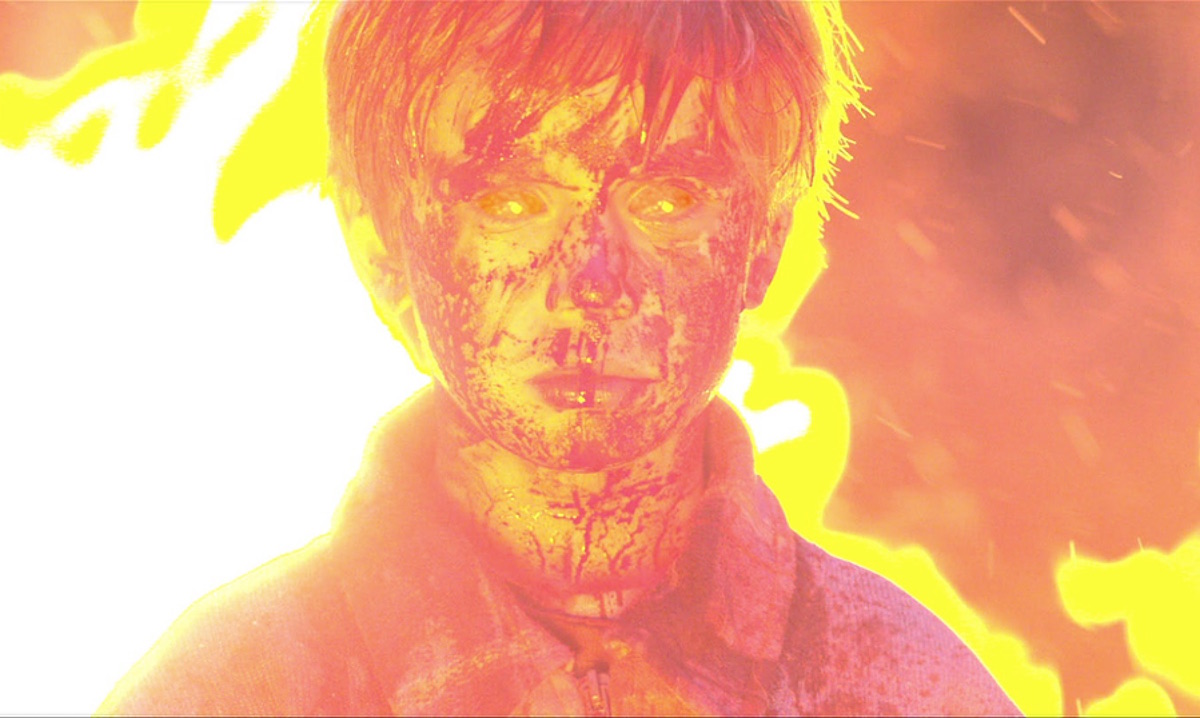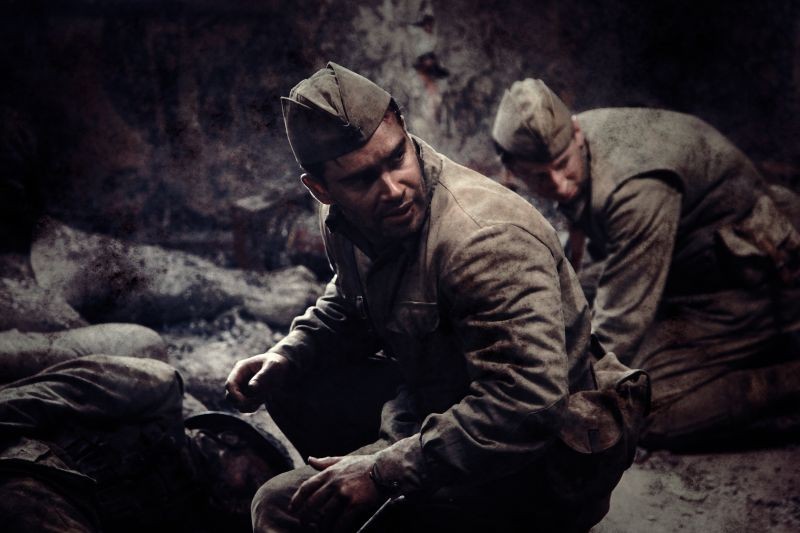LETO (SUMMER)
 Wednesday, November 14, 2018 at 8:16AM
Wednesday, November 14, 2018 at 8:16AM Stars: Teo Yoo, Irina Starshenbaum, Roma Zver, Filipp Avdeev, Alexandr Gorchilin, Alexander Kuznetsov, Nikita Efremov, Julia Aug, Elena Koreneva, Lia Akhedzhakova, Anton Adasinskyi and Vasiliy Mikhailov.
Writers: Kirill Serebrennikov, Michael Idov and Lily Idova.
Director: Kirill Serebrennikov
Reviewed at the 2018 Russian Resurrection Film Festival, Sydney; named the festival’s Best New Russian Film, 2018.
Rating: ★★★★★
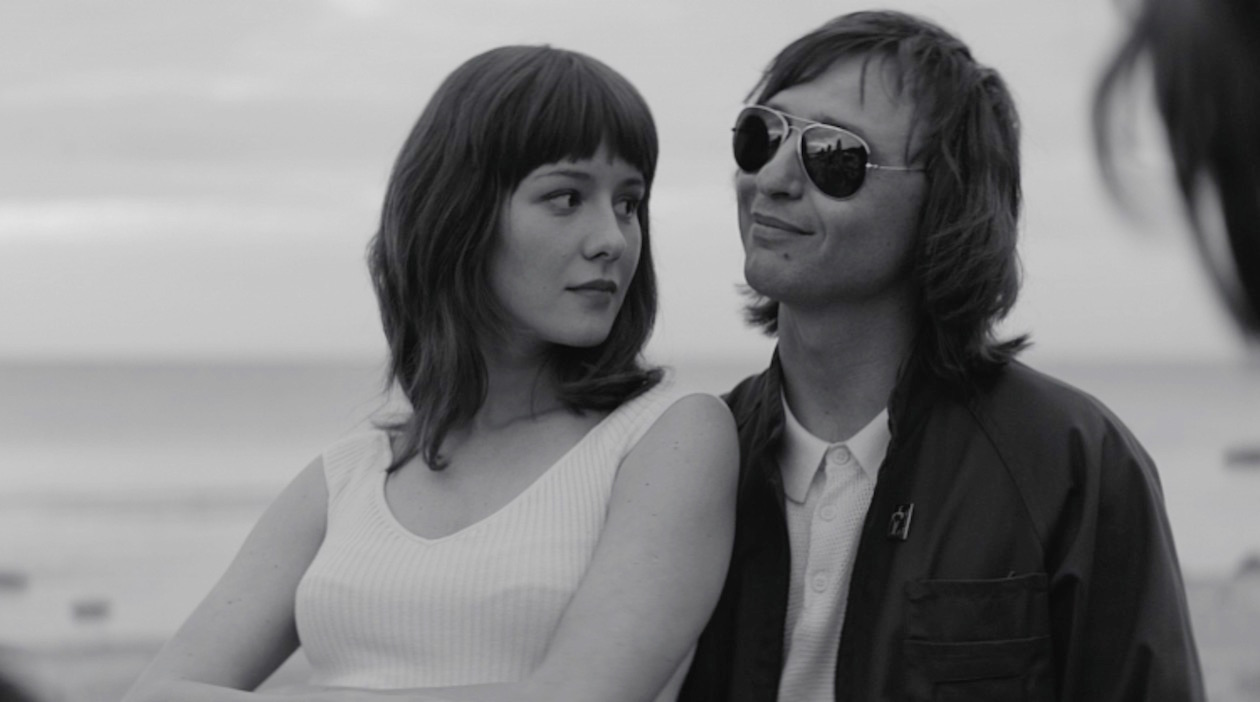
Evoking memories of a pre-Perestroika Russia where the youthful masses were unified and energised in their defiance of authority by the driving beats of a post-punk early-80s Leningrad music scene, Kirill Serebrennikov’s Leto is a free-wheeling, free-spirited, bittersweet remembrance of the people and passion that defined the decade for many young Soviets.
A pure celebration of driven talent and the transformative power of music, the latest from the provocative director of The Student (2016) proves a stirring ode to the subversive. Whether deconstructing the staid conventions of the ‘musical biopic’ or symbolically reacting against the Kremlin’s suppression of socially-conscious art, Serebrennikov and co-writers Michael Idov and Lily Idova have crafted a thrilling, relevant and deeply moving work despite, or perhaps because of, a narrow narrative focus.
The film follows three key figures in the thriving if heavily policed Leningrad music scene – the lead singer of hard-edged rock band Zoopark, Mike Naumenko (real-life rocker Roma Zver); his wife and muse, Natalya (the wonderful Irina Starshenbaum); and, charismatic singer-songwriter Viktor Tsoï (the striking German-born, Korean-based Teo Yoo). All became iconic figures in Russian pop culture - Tsoï would front the group Kino and pen the battle cry of the Perestroika movement, ‘Khochu peremen (I Want Change)’; Serebrennikov’s film, named after Zoopark’s biggest hit, is loosely based upon Natalya’s best-selling memoir.
Their interactions don’t amount to searing drama. Mike recognizes Viktor’s talent and wants to share in his growth as a musician; Natalya, like anyone in Viktor’s realm, finds herself attracted to him; Mike sees out his wife’s attraction to Viktor, openly encouraging her to not deny natural feelings. The men write songs; Natalya balances a rock-wife lifestyle with a mother’s responsibilities; the trio, with some eccentric band mates in tow and the authorities watching their every move, strive to create, be seen, build a life together.
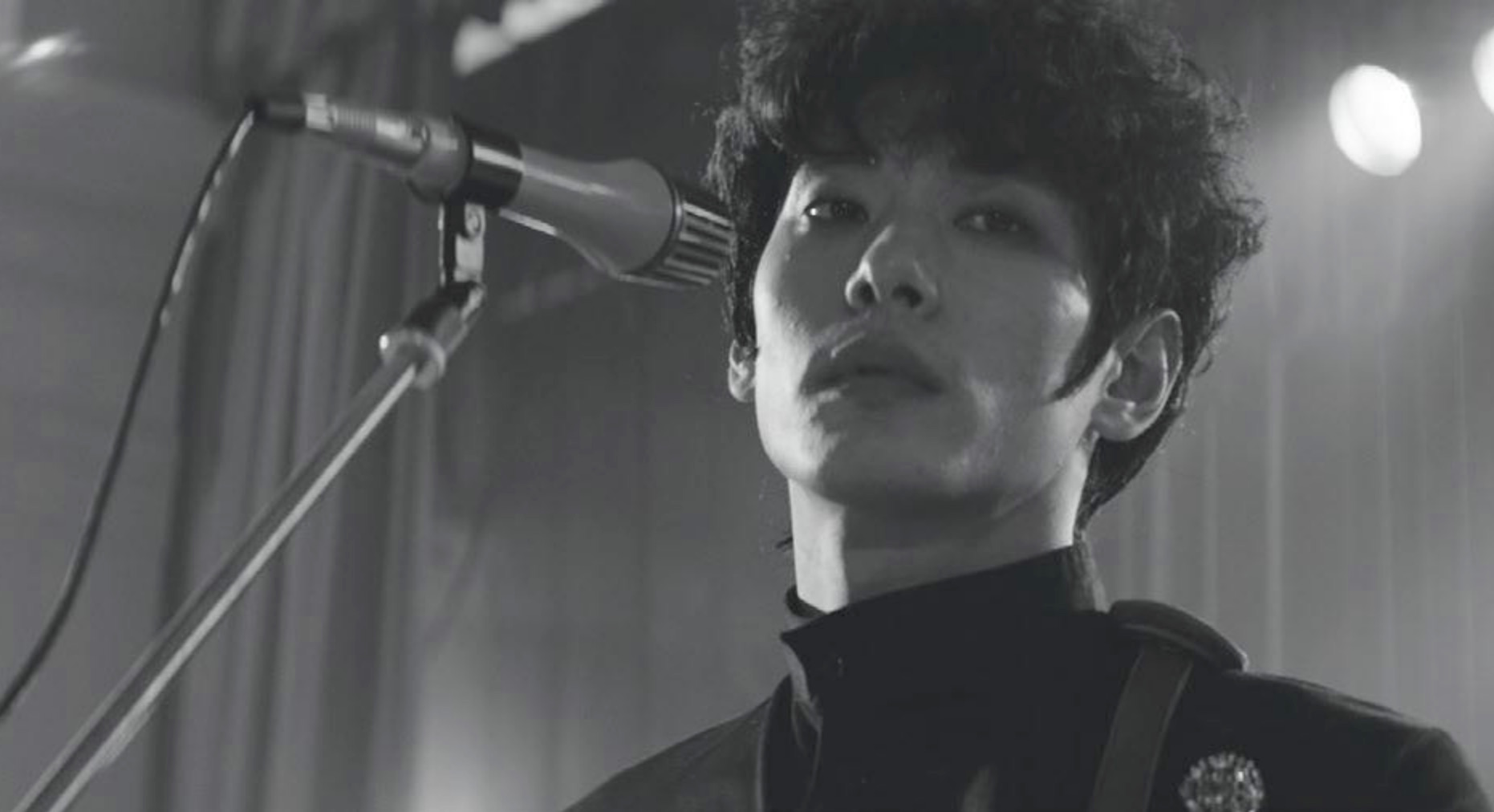
However, framed within DOP Vladislav Opelyants’ gorgeous monochromatic widescreen lens and exuding their enigmatic ‘rock star’ charisma in all its compelling glory, the audience investment in the intertwining lives and burgeoning creativity of the trio is profound. Most affecting is Starshenbaum as Natalya; the actress (bearing a remarkable resemblance to American star Mary Elizabeth Winstead) conveys both a strength and sensitivity that makes her central role as an inspiration for those around her entirely believable. Natalya’s own longing and determined path, when it emerges from beneath the self-absorbed creative destinies of the men in her life, proves deeply moving.
Dramatic impetus aside, the film is at its most engaging when it embraces its musical influences (notably Bowie, Blondie, T-Rex, though many are referenced). Defining songs of the period are reworked as musical numbers, at the indulgence of the characters and often sung by random strangers who drift in, then out of frame. Talking Heads’ ‘Psycho Killer’ becomes a fierce, fantastic number set on a train carriage; Iggy Pop’s ‘The Passenger’ is belted out by bus commuters as Viktor and Natalya take in the city. A great sequence, set to Mott the Hoople’s All the Young Dudes, sees Michael envision classic album covers of the day brought to life by his friends and family in splashes of Super-8 colour footage.
There is a sprawling sense of time and place to Leto, which blows out the running to over two hours, yet there is not a frame of the film one would want to see excised. The anti-establishment themes and love-conquers-all story beats inherent to the rock/pop biopic genre have been previously explored in Oliver Stone’s The Doors (1991), Cameron Crowe’s Almost Famous (2000) and Anton Corbijn’s Control (2007), but rarely with such heartfelt melancholy, pained romanticism and evocative rendering of time and place.
The sly subversion that gives the film its bite has come at a price; Kirill Serebrennikov has been under house arrest since August 2017 for his perceived anti-Putin stance (the director could not attend the film’s Cannes premiere in May). While the authorities endeavor to stifle his political voice, his art and skill as a great movie storyteller speaks very loudly on his behalf.
 Film Festival,
Film Festival,  International Film,
International Film,  Music,
Music,  Russian Cinema
Russian Cinema 